One of the most important non-ferrous metals vital to an economy is aluminum. This article deals with the diverse aspects of aluminum die casting. Die casting or die cast metal process is a process involving metal casting implies making molten metal subject to high pressure to create a mold cavity. The mold cavity is made using two dies made of hardened material. The dies are those already machined into the shape. They work in a manner akin to an injection mold does during the process.
Why is die casting so-called?
Die casting is so-called because it involves a process of manufacturing that can create geometrically very complex metal parts by using reusable molds better known as dies in professional terminology. The metals that are commonly subject to die cast process are aluminum or zinc. The metal is melted in a furnace and then injected into the desired dies built in the die casting machine.
An important note
It’s important to note that die cast metal process and molding are two distinct processes though each of them involves pouring molten metal into a die or mold. The difference between the two lies in the technique used to pour the molten metal. While casting uses a mold for only once, molding involves using the frame repeatedly.
Importance of die cast metal
Aluminum is a versatile metal used widely in diverse industries ranging from home appliances to strategic applications like military sectors. This is thanks to the benefits that it brings in industrial applications of the metal.
The importance of aluminum die casting lies in that it enables industries to bring out parts, appliances that are light-weight with the option for surface finishing as compared to other die cast alloys.
Die cast metal aluminum is versatile and has a high resistance to corrosion. Also, it has high-quality metal attributes. All these factors make it suitable in a wide range of industries.
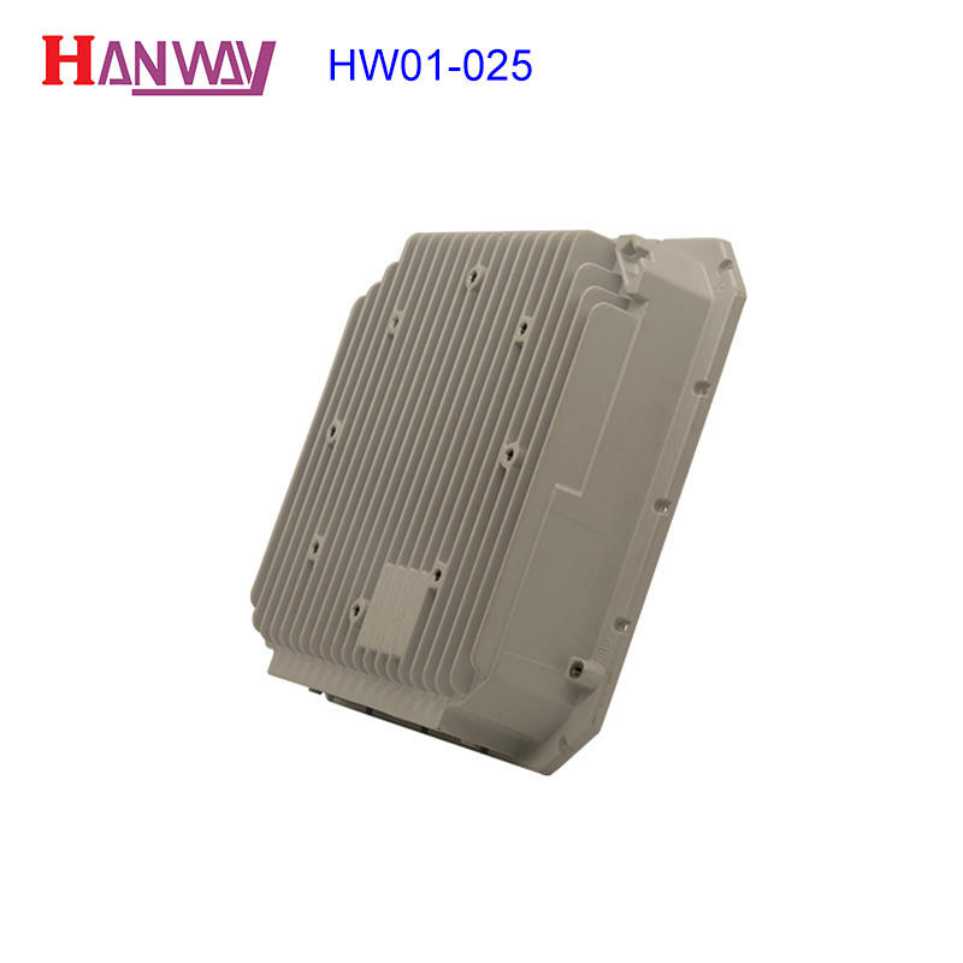 | 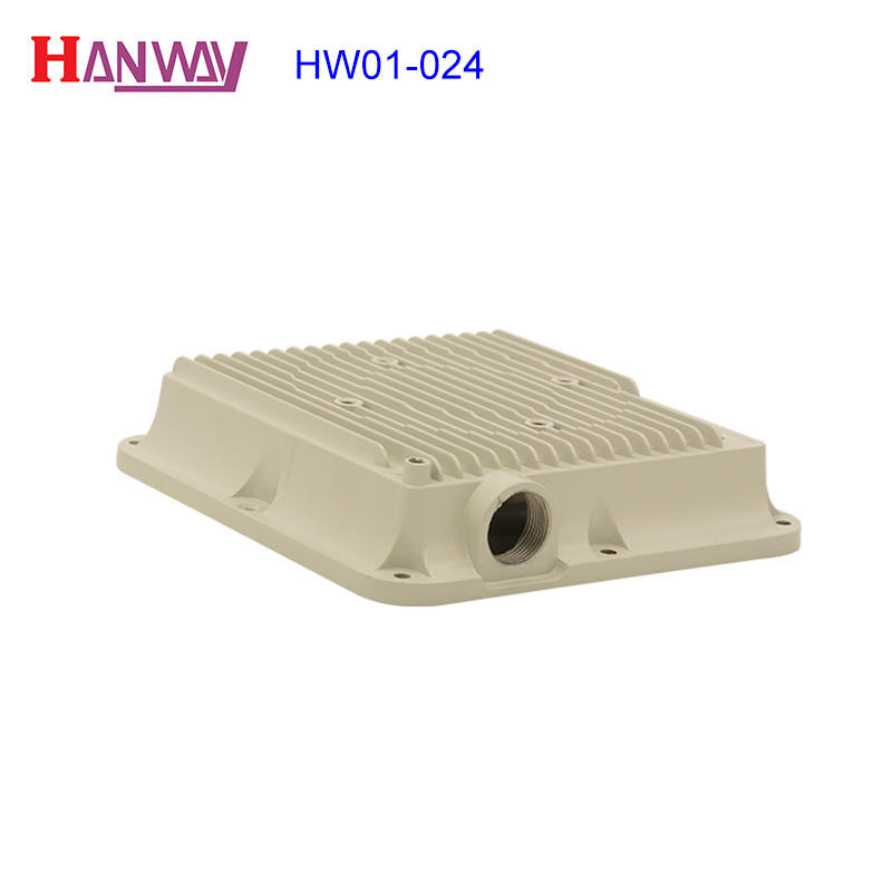 | 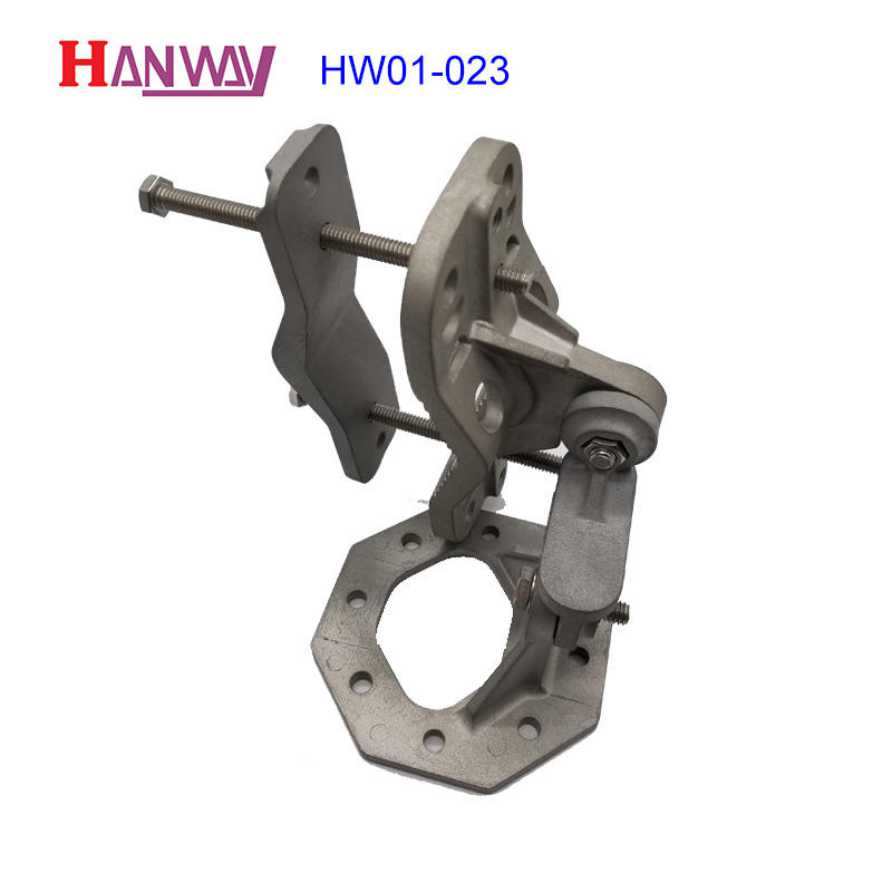 | 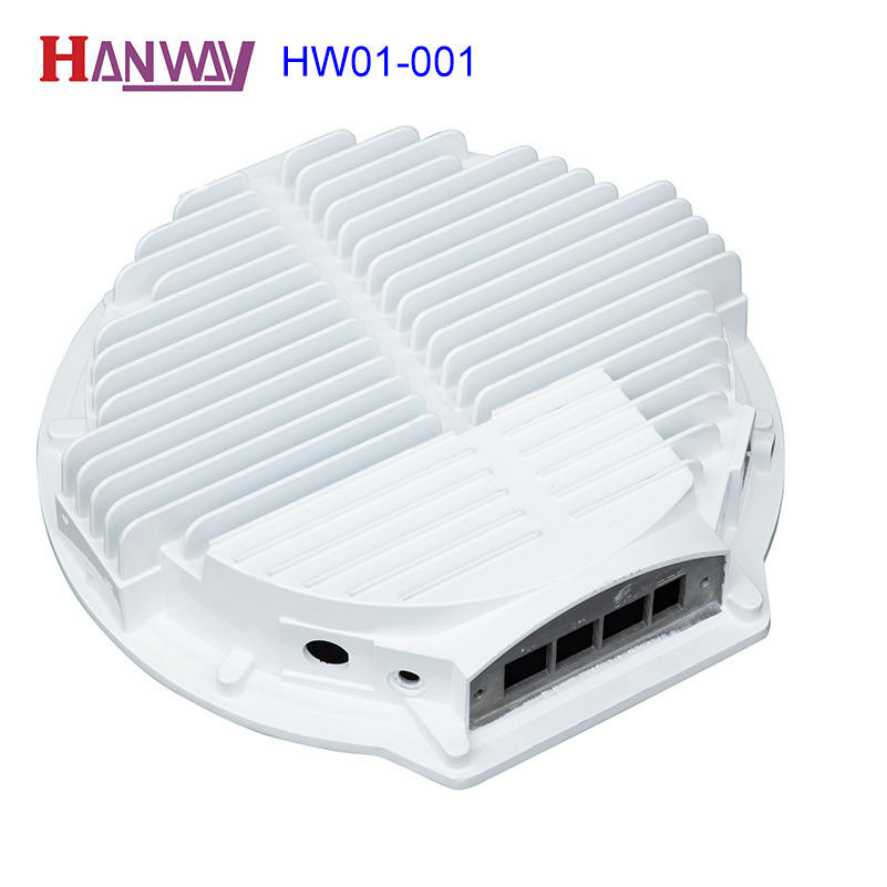 |
Aluminum die casting simplified
Aluminum die casting involves using aluminum as the die cast metal. In this process, aluminum is molted and subject to high press in the cavities of the model.
In the casting, the molten metal is hardened and the desired are thus made. Aluminum, die casting can be achieved with the use of either a cold chamber or cold chamber process.
How is it done?
Aluminum castings are prepared by a simple and cost-effective process called casting. By this process, aluminum metal is shaped into diverse forms that can be used for diverse objectives.
When it comes to the processing of aluminum metal, casting the metal is the most popular technique to form different designs.
Die casting
Aluminum castings are made by applying molten aluminum into a mold. However, the exact technique used to make the casting different products depends on the purpose for which the cast metals are used.
Permanent mold casting
Permanent mold casting is yet another method used to create aluminum castings. This involves a simple process - pouring molten metal into the mold. In a few cases, a vacuum is used. The advantage of permanent model casting is that it can create aluminum castings of higher strength. It's also not easy to make them separate from the original product. The molds are easily removable are cost-effective.
Sand casting
In the process of sand casting, aluminum castings are made by forcing a pattern into a fine mixture of sand. This results in the formation of mold. The molten aluminum is poured into this mold. Though this process is slow it is cost-effective as compared to other forms of casting. This process is used when aluminum casting involves highly complex designs and in cases where the aluminum castings are fairly large.
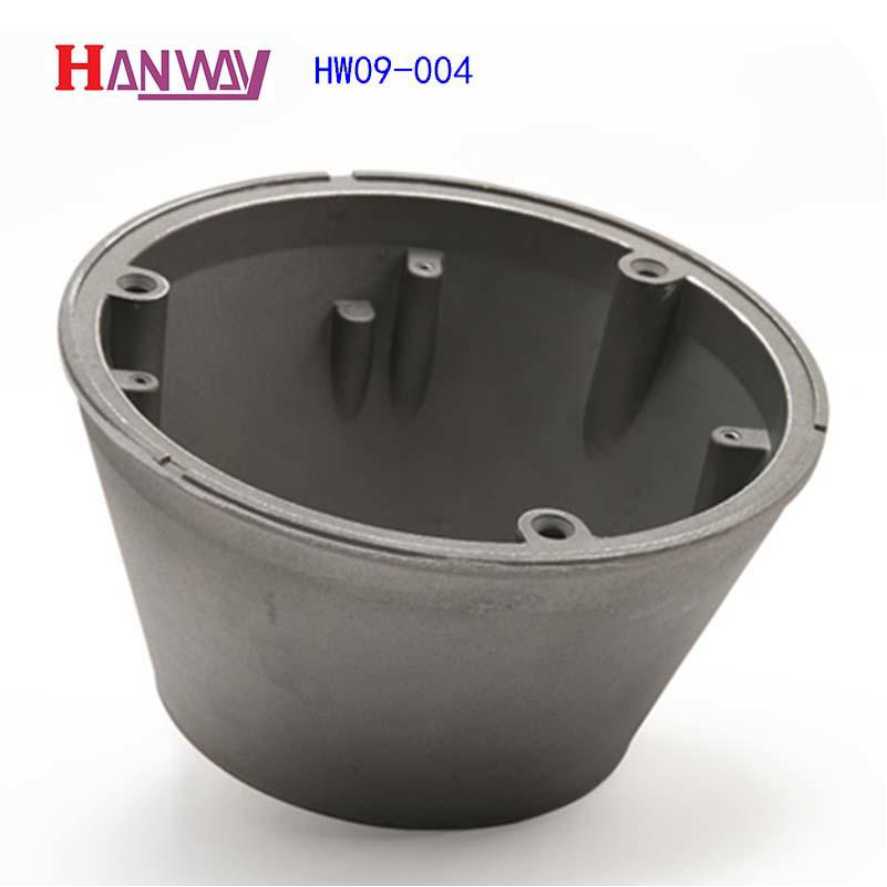 | 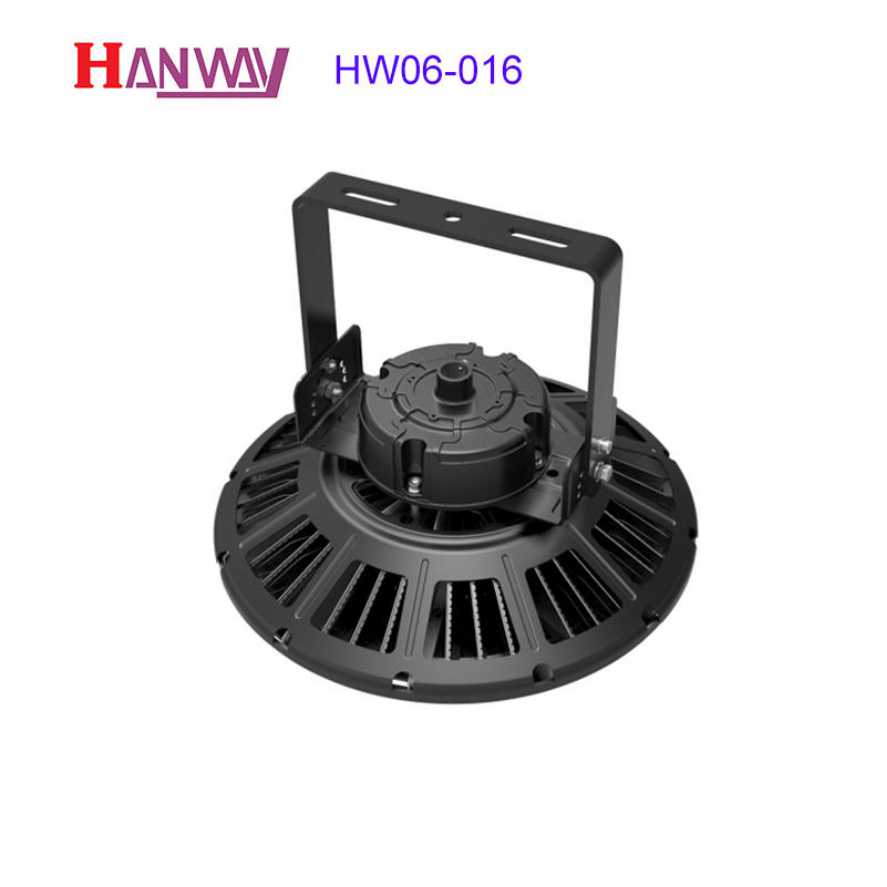 |  | 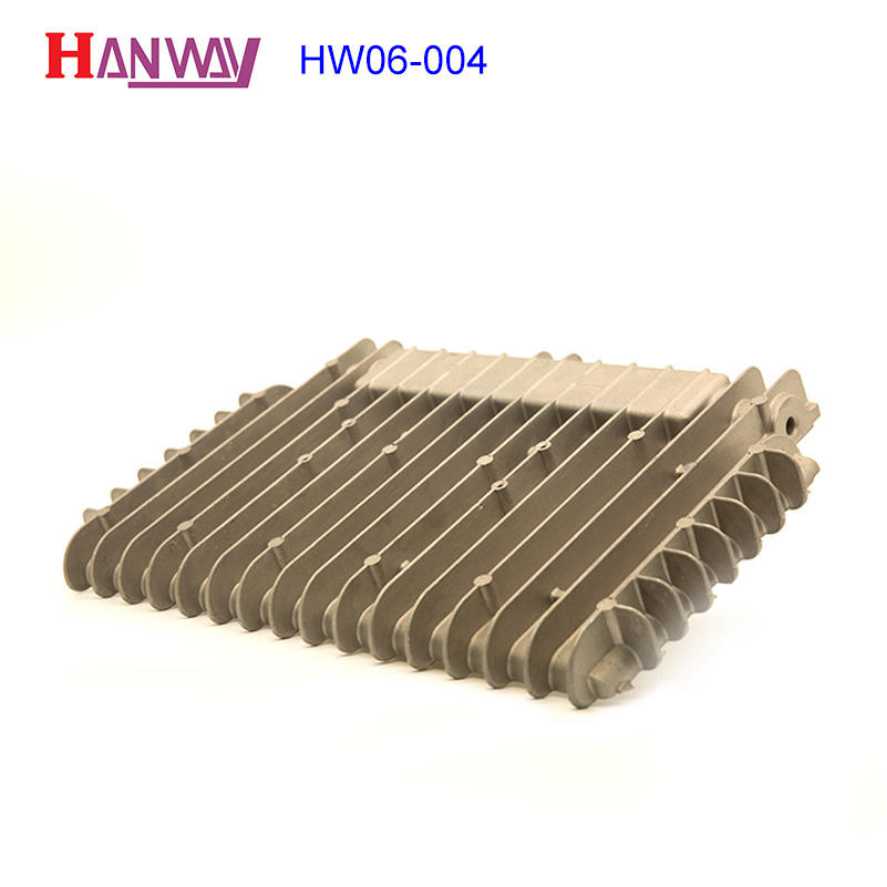 |
Why is the aluminum die casting so popular?
Lightweight and having the highest operating temperatures of all die cast alloys makes it an excellent choice.
Further aluminum alloys can tolerate high operating temperature, corrosion resistance, great strength and hardness, excellent strength-weight ratio, great thermal conductivity, excellent finishing characteristics, and thorough recyclability.
Advantages
Aluminum dies casts bring in multiple benefits. One of the most important is that lighter parts of machines, etc., can be made with more surface finishing options as compared to other metal die cast alloys. Aluminum casings can tolerate high operating temperatures.
Cast aluminum is a vast versatile corrosion resistant. Apart from corrosion resistance, cast aluminum has high stability related to dimensions.
Applications
Aluminum die casting is widely used in industries such as wireless telecommunication, industries making industrial products/parts, molds, lighting, medical devices, electrical appliances, CCTV security systems, fluid control systems, automotive and motorcycle industries.
The products of these industries include industrial parts and components, telecommunication parts, molds for die cast parts, LED heat sinks, medical equipment parts, CCTV camera accessories, electrical accessories, valve body and value range, automotive parts/motorcycle parts, light housing and more.
Why should you choose Hanway?
There are quite a few companies in the aluminum die casting industry. However, choosing a company like Hanway, a China-based company is a lead industry in not only China but across the world as well thanks to its high-quality products and top quality customer service. The company is into die casting engineering, designing and developing catering to the diverse requirements of clients. The equipment made by the aluminum die casting manufacturer includes 180 to 500-ton capacity die casting engineering equipment meant for use in product designing as well as development.
Application of aluminum die cast metal
The company is ISO 9001:2015/IATF16949:2016 certified as the manufacturers of aluminum die casting. The company specializes in die casting services and aluminum tooling design. The company has been into the business for more than the past 14 years. This has brought industry expertise, experiences, and wide market exposure. Besides, the company also invests heavily in research and development for new designs of products and boosting the quality of the existing product and services.
Conclusion
Die cast metal industry has thus, wide aspects. That is accuracy and stability in dimensions and has a great tolerance to stress. The main comparative advantages are weight and strength. Die cast appliance products have higher strength than those made by the plastic injection process. The varying benefits and advantages in diverse industries are exceptional. An industry that is well within the acceptable limits of environmental implications die cast metal industry is instrumental in developing the multifarious needs of the economy.
Copyright © 2025 Hanway Metal Products Co.ltd. | All Rights Reserved Design by hanway.com.cn 粤ICP备17112456号